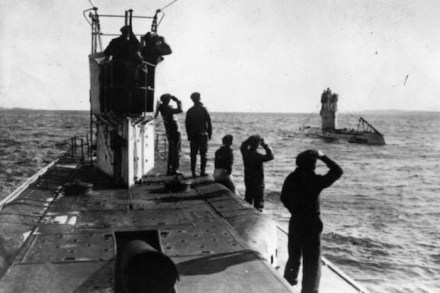Nigel Farage calls for Electoral Commission to be closed down after FUKP decision
Mr S’s disclosure that the Electoral Commission have approved Al Murray’s Freedom United Kingdom Party as an official party for the election has not gone down well with Nigel Farage. The leader of Ukip says the decision is a ‘disgrace’ as FUKP are a joke party. Speaking at the Ukip South West conference, Farage called for everyone in the commission to lose their jobs as a result of the decision: ‘If you add to that the scandal of postal voting fraud, I want everyone in the Electoral Commission fired and the organisation closed down.’ Farage will now have to compete against the comedian for the South Thanet seat. Ukip supporters have taken issue with the the Pub Landlord’s




















